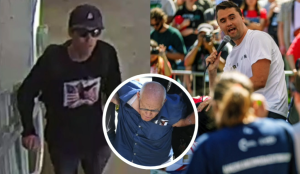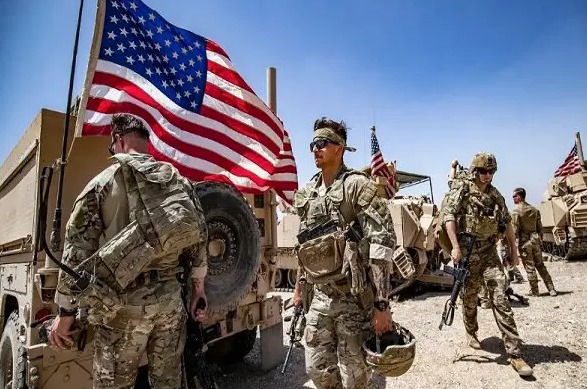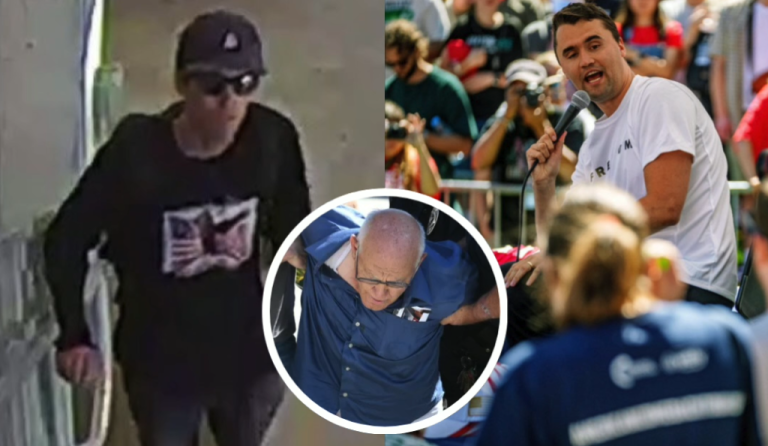Country music and military service may appear to belong to two very different worlds. Yet for Craig Morgan, these two realms have been inseparably linked throughout his life. Known for chart-topping hits like “Redneck Yacht Club” and the No. 1 single “That’s What I Love About Sunday,” Morgan has built a career as a genuine storyteller in country music. However, before the limelight of Nashville, he dedicated over 17 years of his life to serving in the U.S. Army. Now, in an unprecedented move for a country star who once left military service behind to pursue his musical dreams, Morgan has reenlisted in the U.S. military. This bold decision marks a pivotal chapter in his life—a return to a disciplined, demanding environment that contrasts sharply with the creative world of music.
In this comprehensive article, we explore Craig Morgan’s journey from soldier to country music star and back to active duty. We examine his early military career, his rise to fame in the music industry, the factors behind his decision to reenlist, and what this return to service signifies for his personal legacy and the broader conversation on patriotism in modern America.
I. From the Battlefield to the Stage: A Soldier’s Early Journey
A. Serving with Honor in the U.S. Army
Craig Morgan’s life began with a commitment to service. Enlisting in the U.S. Army in the 1980s, he quickly distinguished himself as a dedicated and disciplined soldier. Serving for over 17 years, Morgan’s military career saw him rise through the ranks as he assumed roles that demanded courage, precision, and an unwavering sense of duty. He served in elite units, including assignments with the 101st Airborne Division and the 82nd Airborne Division, where his role as a staff sergeant and fire support specialist honed his skills on the frontlines of training and combat.
During those formative years, Morgan experienced firsthand the realities of military life—intensive training, the bonds of camaraderie, and the inherent challenges of a world where every decision could have life-or-death consequences. The lessons learned on the battlefield not only shaped his character but also instilled in him the values of loyalty, hard work, and self-sacrifice that would later become the backbone of his musical career.
B. The Transition from Uniform to Music
After a long and honorable military career, Morgan eventually left the Army in 1997. Like many who have served, he carried the lessons of discipline and perseverance with him. However, his passion for storytelling and music eventually drew him in a different direction. Entering the world of country music, Morgan discovered that the same values he had developed in the military could translate into a successful career on stage. His early days as a musician were marked by a commitment to authenticity—a reflection of his own personal journey and a dedication to sharing his experiences through song.
Morgan’s transition was not without its challenges. Leaving a structured, regimented environment for the unpredictable world of the music industry required a leap of faith. Yet, it was this very risk that propelled him to become one of country music’s respected voices. His music, deeply rooted in personal experience and the spirit of everyday life, resonated with audiences across the nation, bridging the gap between his past in the military and his present in the recording studio.









